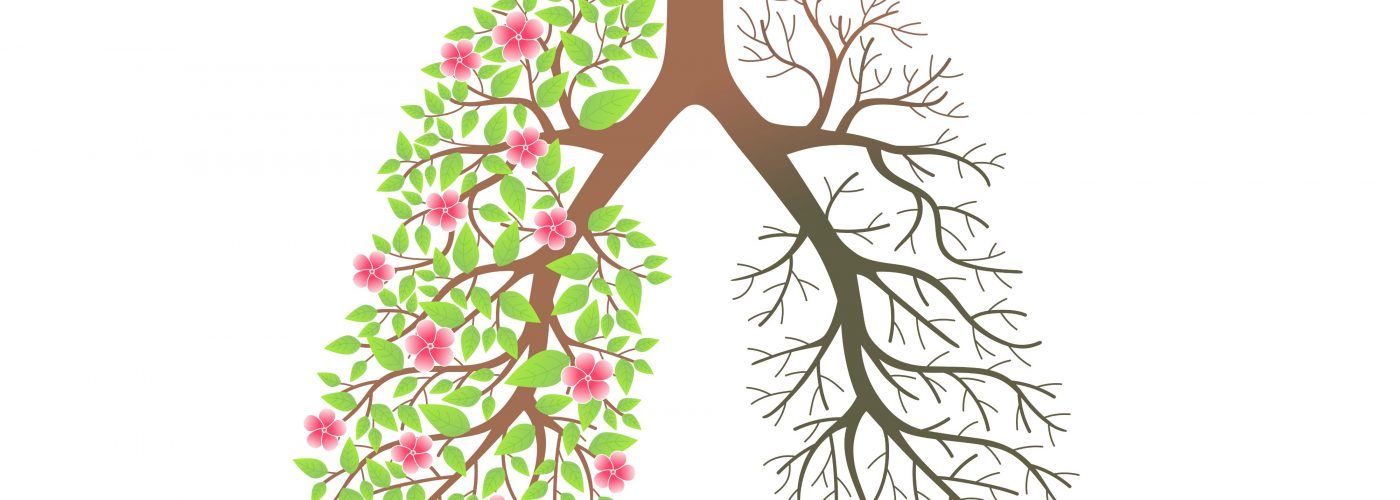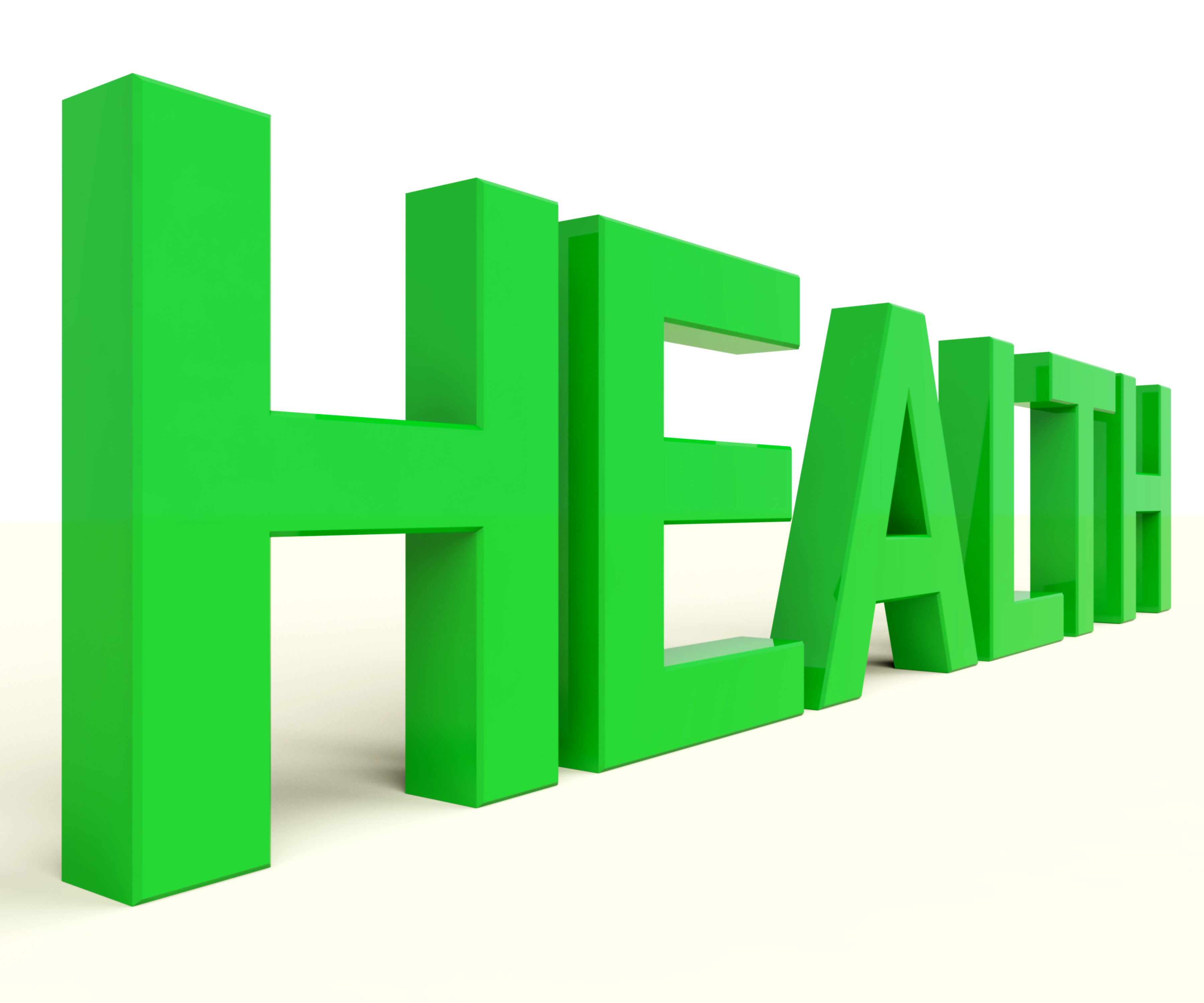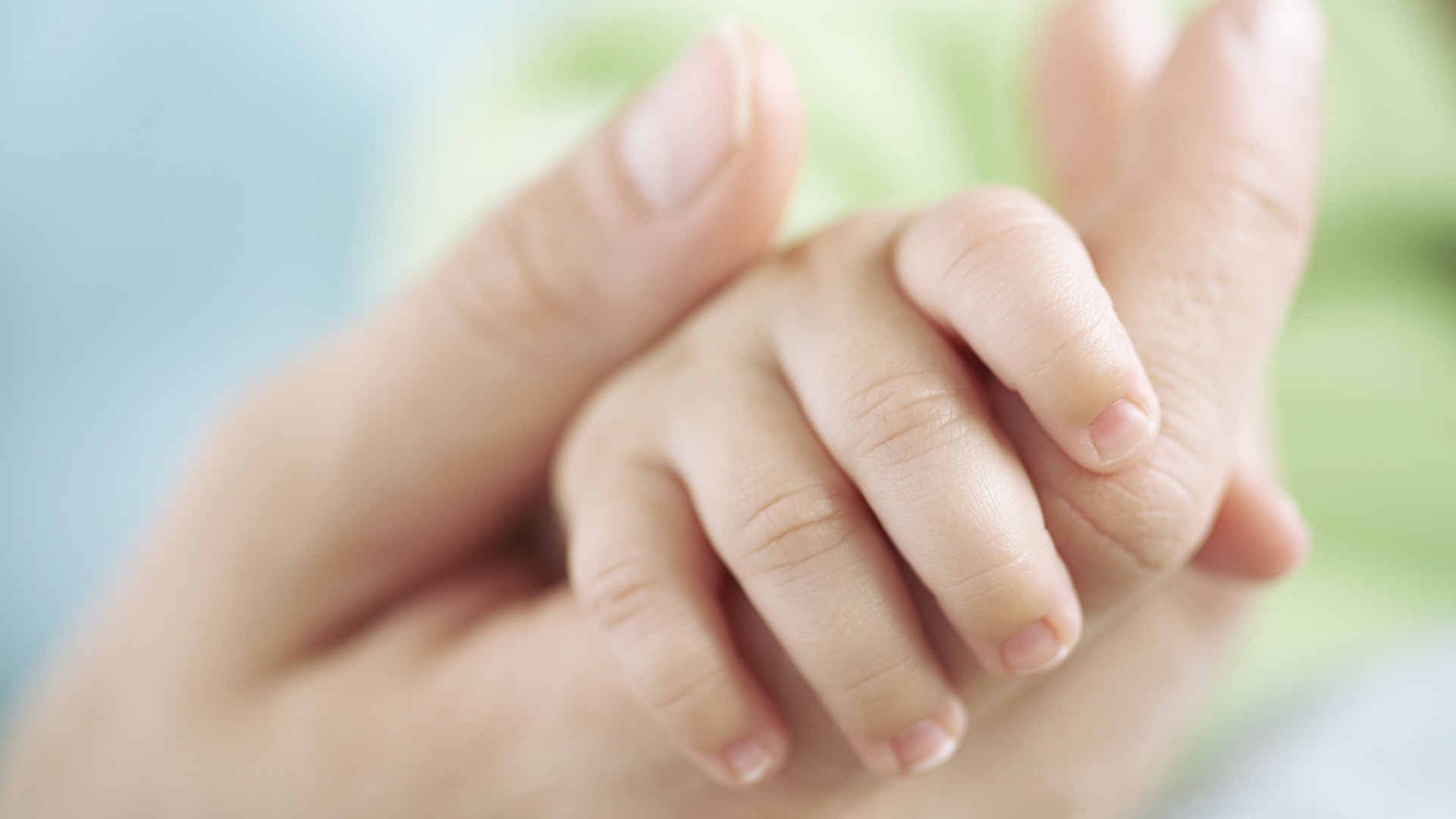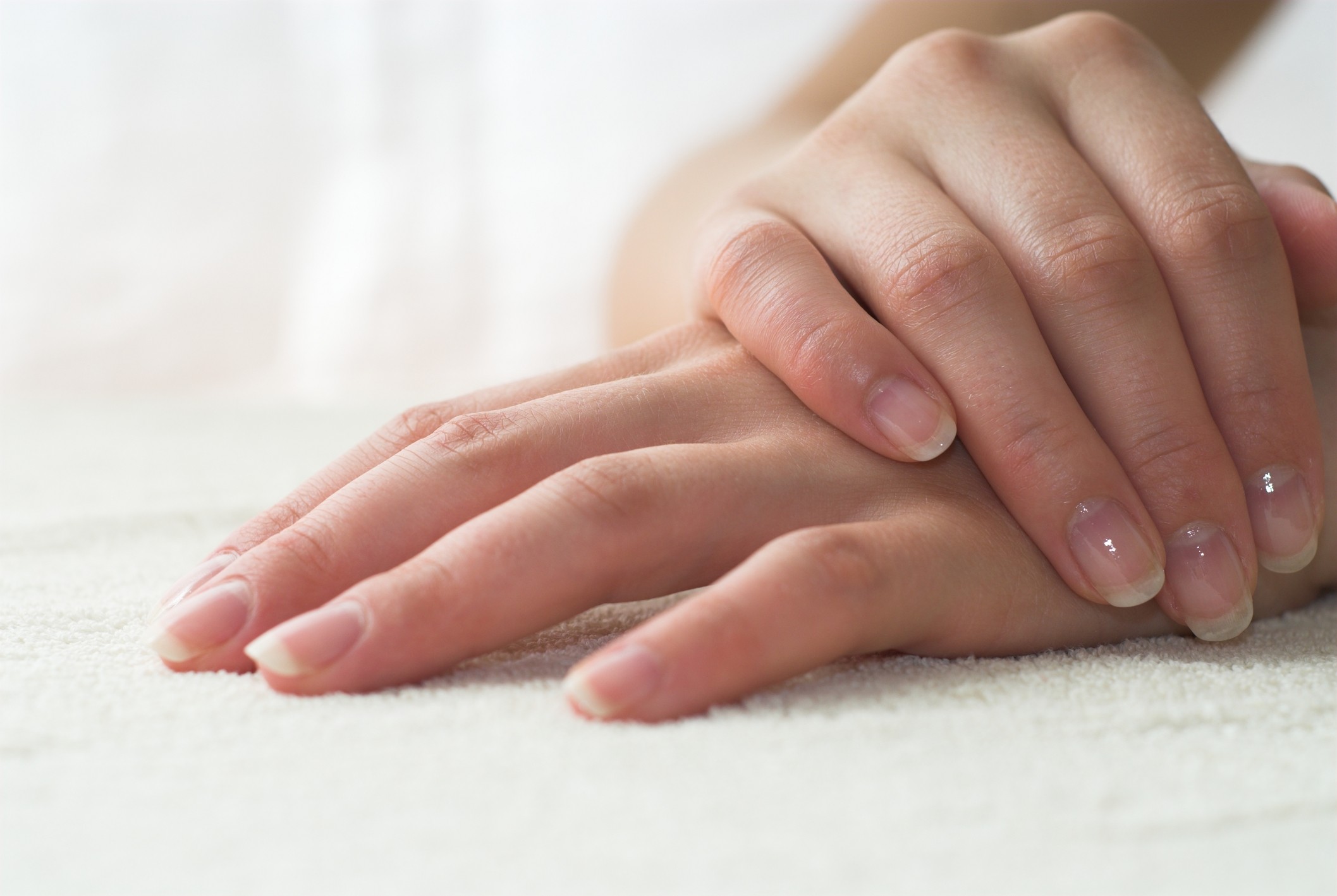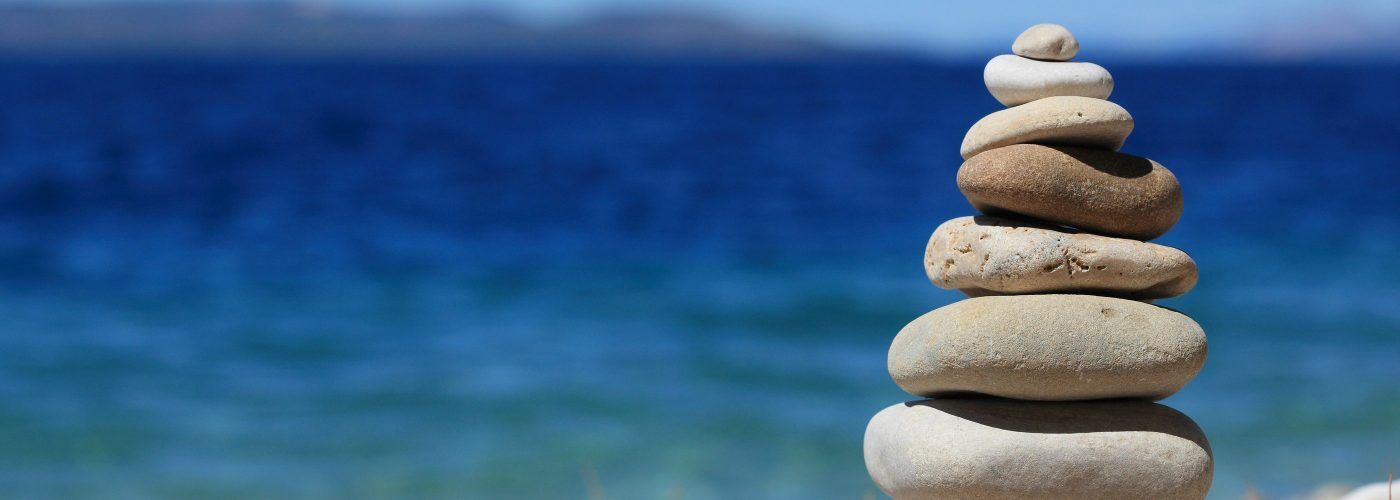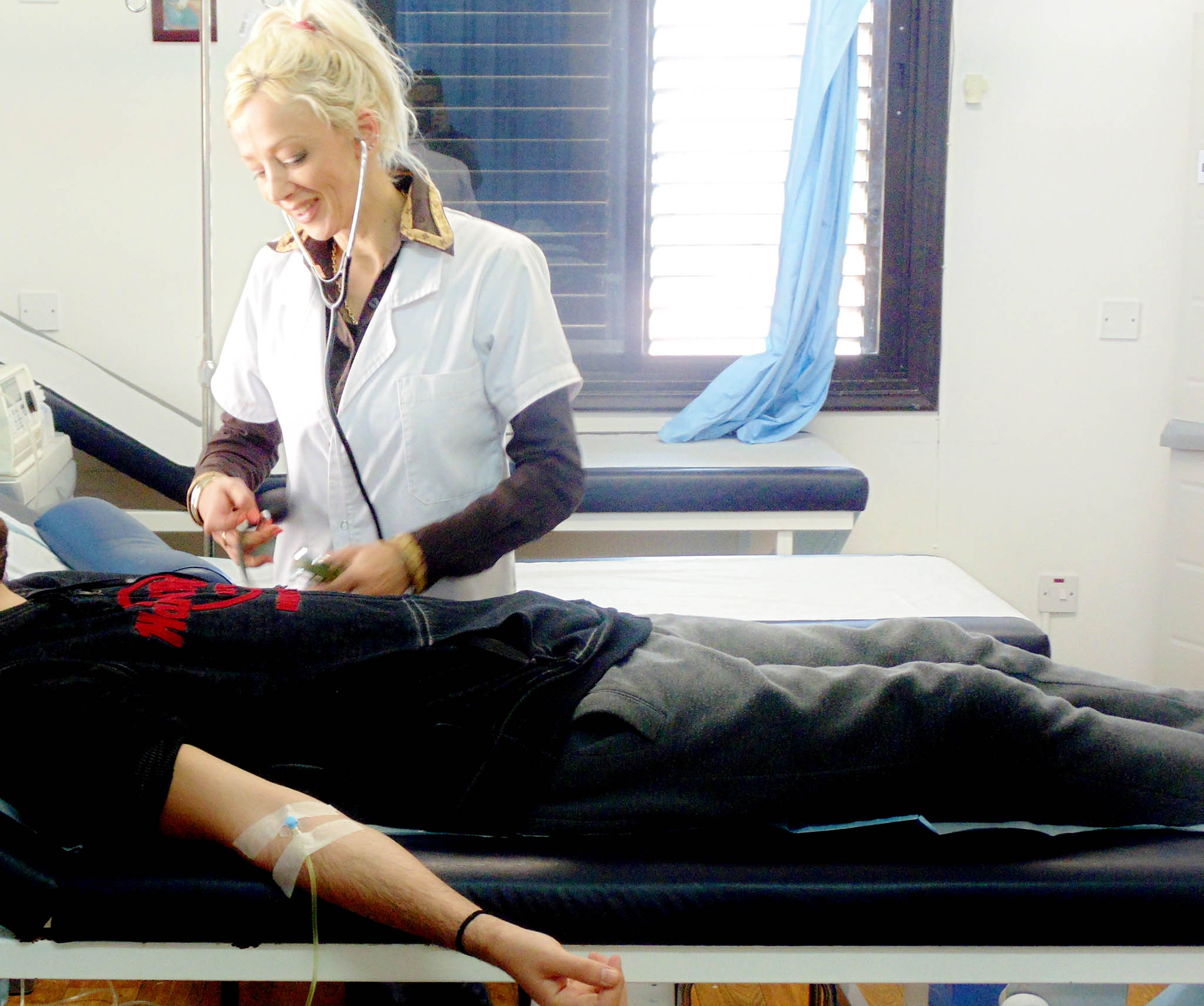“Fine,” he says, his voice a gravelly whisper through the phone, a familiar sound every Sunday at 3:03 PM. Not the sound of genuine well-being, but the practiced, weary cadence of a man who’s been asked the same question for 43 years and offers the same pre-packaged lie. He didn’t leave the house yesterday, his back a knot of protesting nerves, but the conversation, as always, pivots quickly to the weather or the price of petrol. We let it. We enable it. We tell them, implicitly and explicitly, to tough it out.
And we have to stop.
We mistake stoicism for strength, don’t we? It’s a toxic cultural inheritance, passed down through generations. My dad, and perhaps yours, comes from an era where complaining was a weakness, an indulgence. The Greatest Generation ethos of enduring silently, of gritting your teeth, served them through wars and economic depressions. But it actively harms modern health outcomes. What was once resilience has calcified into a quiet epidemic, isolating our seniors, driving them into depression, accelerating cognitive decline, and leading to preventable falls that steal their independence one painful fracture at a time. It’s a slow erosion, witnessed by their adult children who feel helpless, offering platitudes that only reinforce the silence.
The Professional vs. Personal Paradox
I remember Muhammad R., a brilliant sunscreen formulator I met a few years back. He meticulously balanced ingredients, understanding that even a minute imbalance could compromise the


































